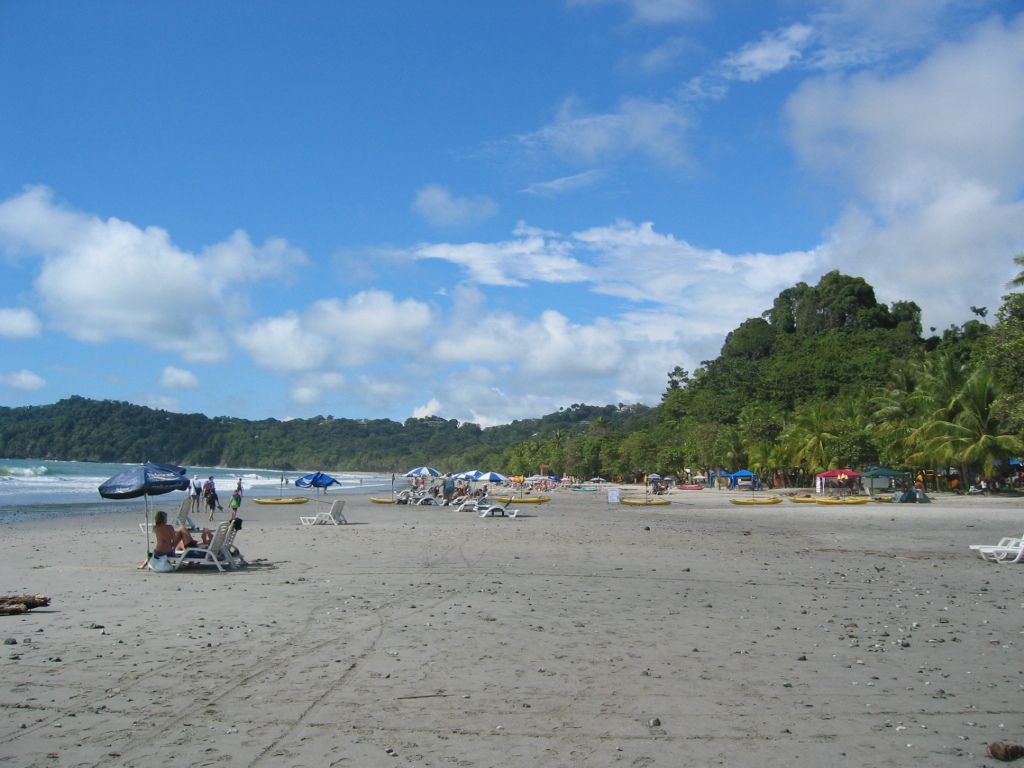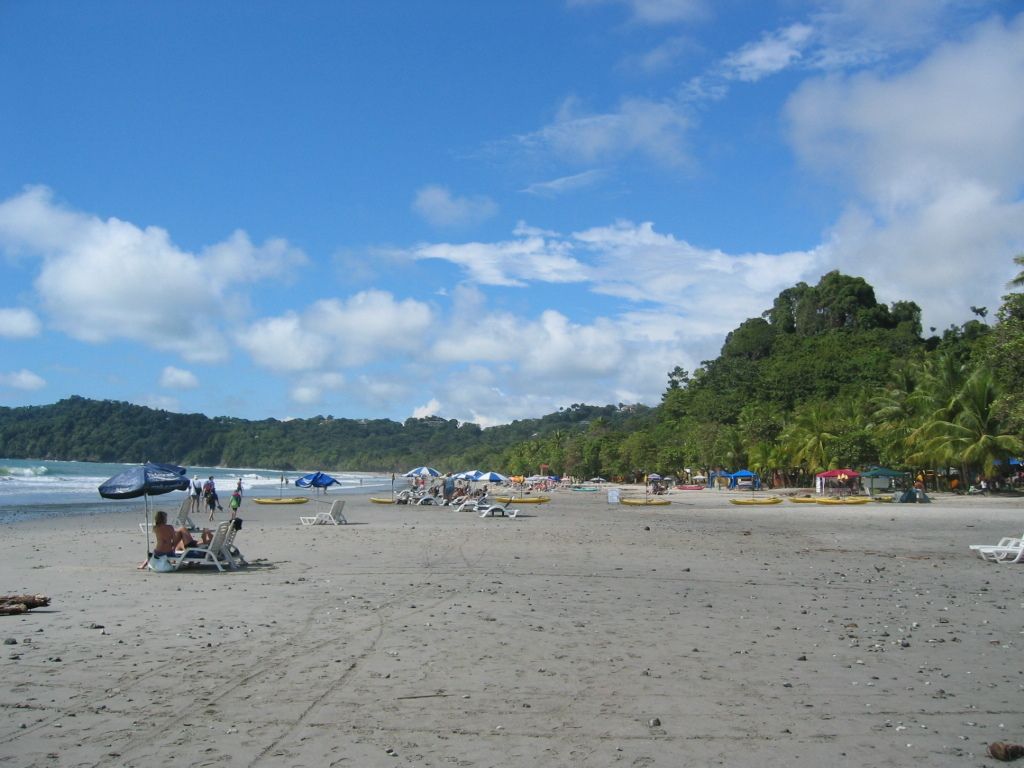Central Asian trade policies may continue on a steady trajectory under Trump's leadership
The impending second term of President Donald Trump has sparked hope in Kazakhstan that the long-standing Jackson-Vanik trade restrictions may be abolished soon. This optimism stems from remarks made by Secretary of State Marco Rubio during his confirmation hearings, where he pledged to enhance trade relations with Central Asian states and called Jackson-Vanik an "archaic relic."
Adopted during the latter stages of the Cold War, the Jackson-Vanik amendment was a strategic tool aimed at compelling communist governments to uphold human rights, particularly in the former Soviet Union. It tied access to U.S. goods and services for communist states to their readiness to allow freedom of movement and emigration.
Since the demise of the Soviet Union in 1991, Congress has rescinded Jackson-Vanik restrictions for most formerly communist countries, granting them permanent normal trade relations status (PNTR). However, the amendment still applies to five former Soviet republics, namely Azerbaijan, Kazakhstan, Tajikistan, Turkmenistan, and Uzbekistan. These states necessitate annual reviews to secure exemptions from the amendment's provisions, and Congressional approval is required to remove the restrictions.
Under the Biden administration, an initiative referred to as B5+1 was launched with the aim of boosting westward trade out of Central Asia by promoting regional connectivity. If confirmed, Rubio indicated that the new administration intends to continue supporting B5+2, with a focus on prioritizing Kazakhstan and Uzbekistan for the award of PNTR status.
Senator Steve Daines, a leading figure in the congressional caucus on Central Asia from Montana, voiced his support for improved relations between Washington and Central Asian states during Rubio's confirmation hearing. He argued that Central Asia, often overlooked but of great strategic importance, needed more U.S. friends. In response, Rubio agreed that improved relations with Central Asian states were important.
On his first day in office, Trump ordered a review of U.S.-China trade agreements, including a provision in a 2020 agreement under which Beijing agreed to increase U.S. imports. If found non-compliant, the U.S. may impose punitive measures, such as tariffs or other measures.
The potential U.S.-China trade tension could lead to increased U.S. involvement in Central Asia, which borders China's western frontier. Kazakh political scientist Valery Volodin predicts that the U.S. seeks greater access to Kazakhstan's natural resources, such as uranium, oil, natural gas, and rare earths. Volodin expects the U.S. Congress to repeal the Jackson-Vanik restrictions for Kazakhstan in the near future, as he believes Trump recognizes the advantages for the U.S. in such a move.
While there have been discussions about removing Jackson-Vanik restrictions specifically for Kazakhstan and Uzbekistan under the Trump administration, no official plans have been announced by the Biden administration to repeal the restrictions for these or any other Central Asian states. Most recent discussions and policy signals regarding Jackson-Vanik and Central Asia have been in the context of other administrations or hypothetical scenarios.
The optimistic sentiment in Kazakhstan about the prospect of abolishing Jackson-Vanik trade restrictions under President Trump's second term may be further fueled by the Biden administration's intention to continue supporting the B5+2 initiative, which prioritizes Kazakhstan for potential PNTR status. However, recent discussions and policy signals regarding Jackson-Vanik and Central Asia have been predominantly in the context of other administrations or hypothetical scenarios, with no official announcements from the Biden administration on plans to repeal the restrictions for Kazakhstan or any other Central Asian states. This situation may signify a shift in focus from financial and business aspects to general news and politics in US-Central Asia relations.






